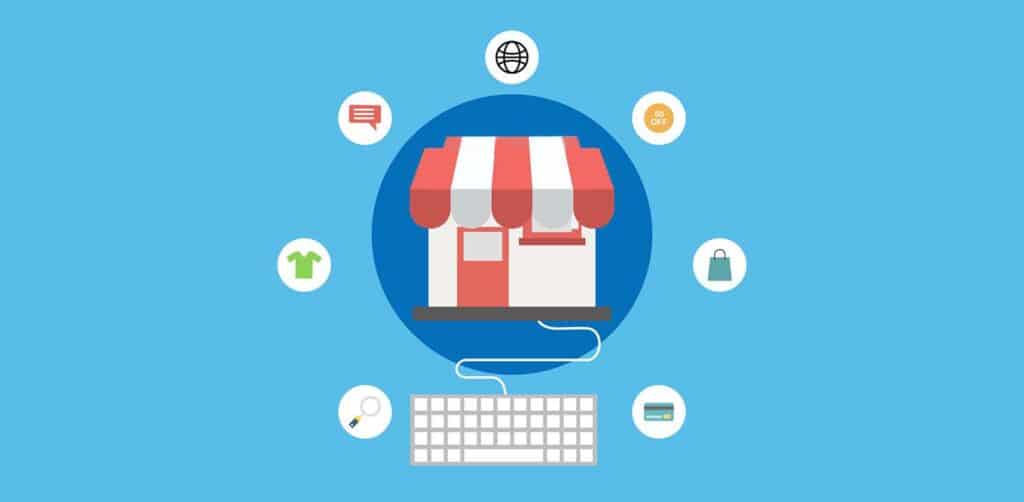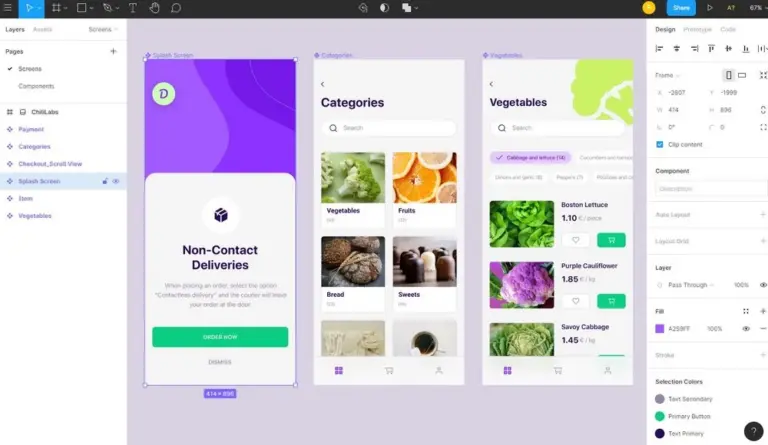There are a lot of platforms for doing business online. They differ from each other in ease of use, cost, scalability, number of supported tools, and other characteristics. Among all the platforms, four software products are especially popular: Magento, Shopify, Shopware, and BigCommerce. The company https://dinarys.com works with them. Let’s take a closer look at these e-commerce tools.

Shopify
This platform is suitable for small and medium businesses. Its advantages:
- ease of use and administration;
- many templates;
- excellent protection against hacker attacks;
- high performance;
- support for various payment systems.
The only disadvantage is the difficulty of scaling for large businesses. For a huge store, you will have to develop individual solutions, since standard tools will not be enough.
Magento
This system is suitable even for big businesses, but can also be used by small companies. Advantages of the platform:
- easy scalability;
- a lot of plugins and settings (you can also implement custom solutions);
- working with huge volumes of traffic;
- compatibility with B2B and B2C tasks.

Magento has only two serious drawbacks: special requirements for hosting and complex settings. If large enterprises have their IT department, then a small company may not even have one programmer. Therefore, you will have to involve a third-party specialist in the work.
BigCommerce
Also suitable for companies of any level. The main advantage of this platform is the vast number of functions available from scratch. You do not have to install third-party plugins, since all the necessary tools are already included. This system is also chosen for its simple scalability and support for big online stores.
As for the disadvantages, here, too, difficulties with setup may arise. But these problems are easily solved with the help of professionals.
Shopware
Suitable for small boutiques and global marketplaces. Advantages of the system:
- modular structure and flexible settings;
- simple management of the online store;
- a large number of templates;
- simple scalability;
- compatibility with many external services.
The disadvantages include the complexity of customization. But this problem can also be solved by experienced specialists.
How to Choose the Best Platform?


You need to analyze your own business and its needs to choose the right e-platform. You need to define the target audience, plan the product range, and calculate the possible traffic. You also need to make a list of functions that should be present in the online store.

After that, the following features of the system are considered:
- Technical requirements. It includes requirements for hosting and security level. The availability of a mobile version and the possibility of integration with third-party systems are also considered.
- Available functionality. It is necessary to take into account the complexity of customizing functions and themes. You also need to analyze marketing and SEO tools, and then evaluate the functions for processing orders and working with goods.
- Cost of launch and support. If you do not have a specialist on staff, you will have to pay for setting up the store and creating an individual theme or modules (if necessary). You will also have to pay for technical support, hosting, and other services in the future. It may be necessary to develop additional functions that are not in the standard package.
It is better to choose a platform together with a professional. It will allow you to avoid mistakes and get a website that meets your expectations and goals.
- 4shares
- Facebook0
- Pinterest1
- Twitter3
- Reddit0













